By Kristen Godfrey. A strong collaboration between IT and Ambulatory Operations led to streamlined tools and quick and efficient patient care for COVID-19 vaccinations at UC Davis Health.
“The strong partnership between IT and Ambulatory Operations has been a critical component of our vaccine efforts,” said Michael Yaitanes, director of Ambulatory Clinical Operations. “From the planning that started before the holidays to rapidly implement new Epic functionalities, developing reports, training documents—whatever was needed—the IT team has consistently delivered. They have been there with solutions, sometimes before we brought a problem forward. Many long meetings, late nights, weekends, and countless email or skype threads have resulted in a fairly seamless process for our patients and helped to make this a success.”
One of the biggest hurdles was trying to marry all the regulatory entities’ guidelines and figure out how to integrate them into the electronic medical record (EMR). It was much more in-depth than just providing a vaccine. These challenges created collaborative brainstorming efforts between Operations and IT, and everyone was on the same page brainstorming, which established stronger interpersonal and working relationships within the project team. Under the leadership of Yaitanes, meetings were calm even in the midst of a storm.
“We did our best to align with known best practices, and we were able to leverage Epic foundation tools to prepare for the longevity of the COVID-19 vaccination effort,” said Angie Kreeger, technical project manager, IT Epic Applications. “Our analysts provided excellent streamlined solutions to support vaccination patient care, in addition to capturing required information for mandatory reporting.”
The timeline to get the vaccines out to patients was fast-paced, and the requirements and environments were rapidly changing and evolving. IT used bulk ordering scheduling, ticket scheduling, and a new workflow that included new orders and contained a series for first and second doses. People don’t realize that just adding a new drug into the EMR is a challenge in itself because of prescreening questionnaires, training staff not to mix drugs, meeting requirements, and configuring billing for multiple doses.
Thomas Bullen, assistant clinical professor, praised the support received from IT. “The IT teams are the true unsung heroes in our efforts to vaccinate not only our patients but also health care staff. They have worked tirelessly, often with very short timelines and changing requests as vaccination requirements change. Our vaccination workflows, documentation, and reporting are running smoothly due to the IT/EPIC Applications team’s efforts. I wish the IT teams could see the faces and feel the appreciation of our most vulnerable patients, many of whom have not been out of their homes for the past year, as they receive their vaccines and feel that there is hope. Thank you.”
IT collaborated with project management to research and implement new functionality, such as such as ticket scheduling and order panels to facilitate scheduling. The IT teams worked long hours, including nights and weekends to ensure the health system was ready to provide vaccines to UC Davis Health patients and essential health care workers. “They really helped us ‘fly the airplane as the plane was being built!’ It truly has been a remarkable collaboration,” said Joann Peters, manager, Midtown Internal Medicine.
Over 26,000 UC Davis Health patients and 25,000 employees have received the COVID-19 vaccination, bringing the total vaccinated to over 50,000. This includes Pfizer and Moderna first and second doses. Such a feat would not have been possible without the work performed by all groups involved. It was a sprint that turned into a marathon with a volume of patients so large that it took the teams into uncharted territory and became a discovery and learning process. The entire process showed what we at UC Davis Health are capable of when there are lives on the line, and the need is urgent. It demonstrated a brilliant work ethic and a genuine commitment to our patient population as well as the community at large.
Scott MacDonald, Electronic Health Record medical director, said that the vaccine already has helped the community enormously and this would not have been possible without the IT partnership. “IT did a fantastic job, first with employees, and now with a regularly expanding circles of patients and community members. We’ve seen a dramatic decrease in COVID-19 infections amongst employees already and anticipate a similar decline in infection in the community.”
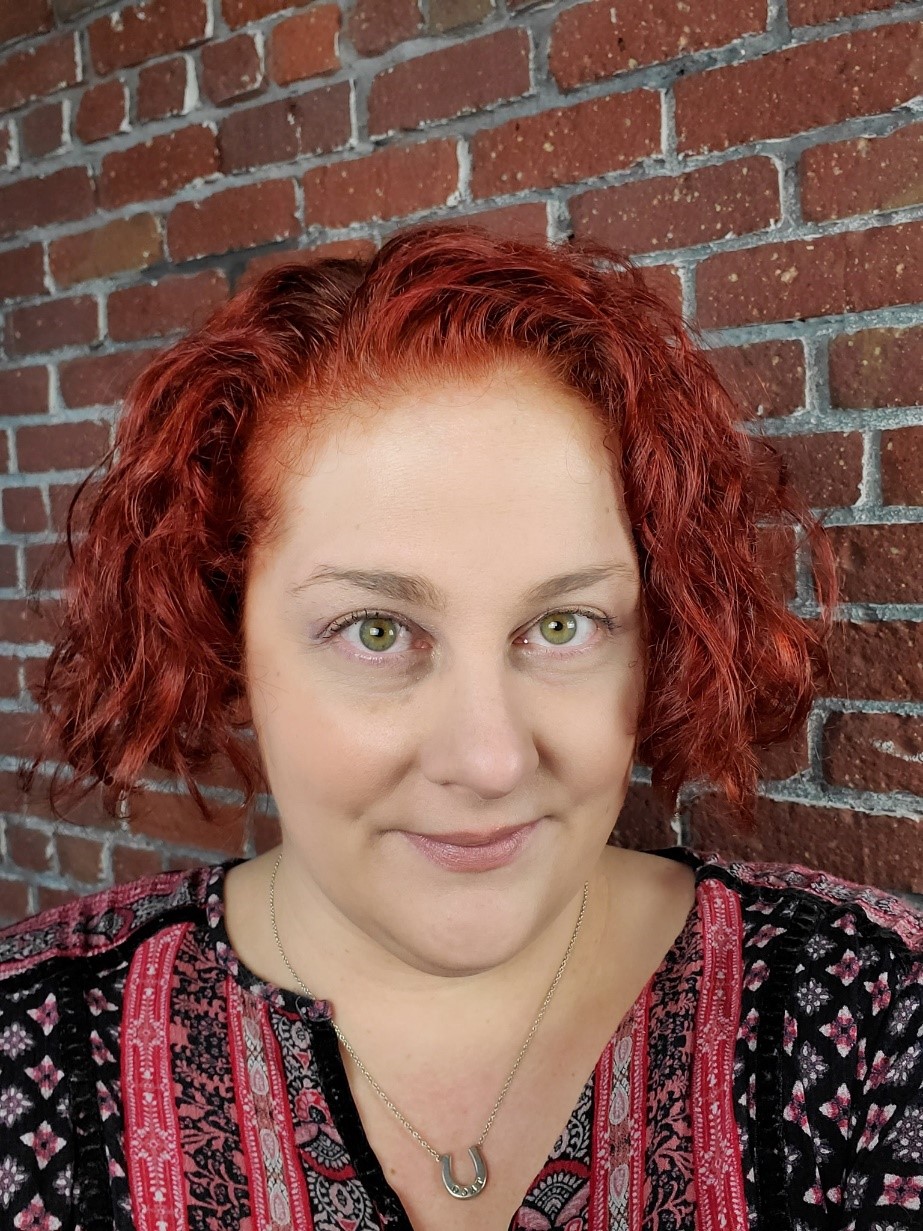 Kristen Godfrey is communication specialist, Information Technology, UC Davis Health.
Kristen Godfrey is communication specialist, Information Technology, UC Davis Health.

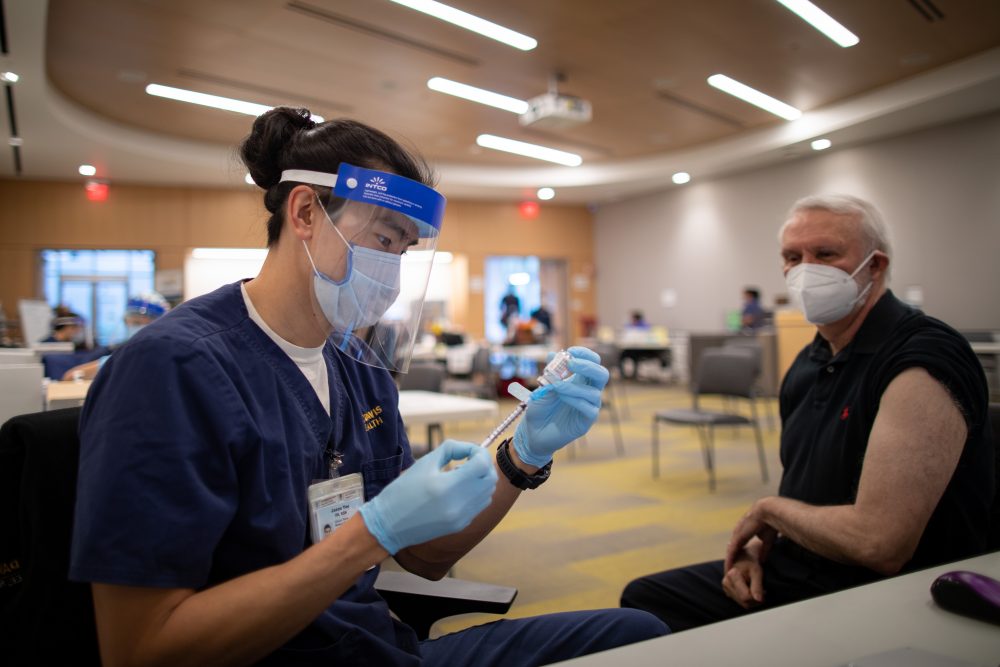

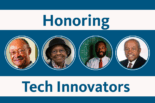

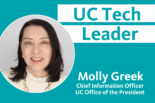
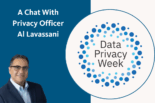

Kristen, this is very emotionally stimulating, thanks for the pleasant read.